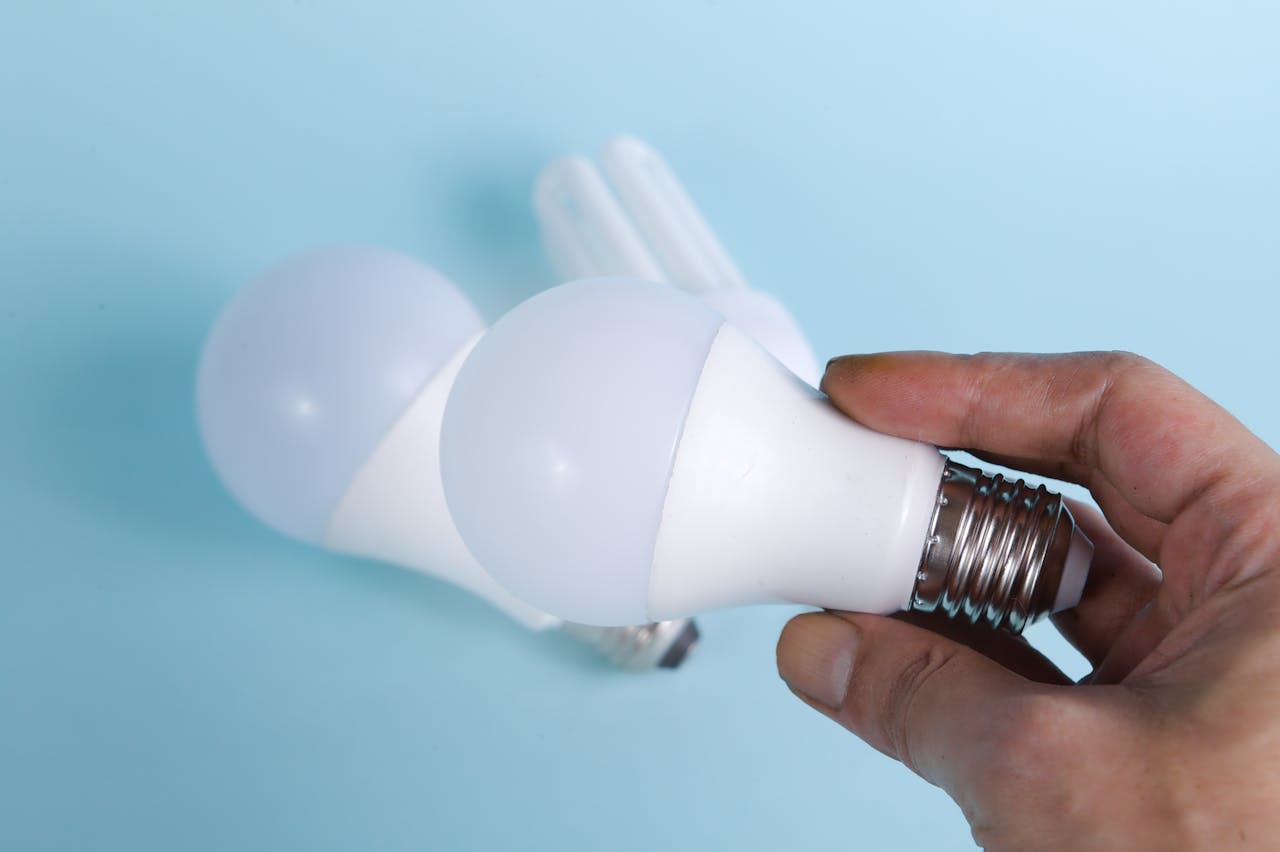As the costs of living continue to rise, a lot of us are taking a cold, hard look at where we’re spending our money.
However, rather than having to immediately cut your groceries or the things that improve your quality of life, you should look at the money you might be wasting instead. In a lot of cases, that comes down to how you manage your energy bills.
Check In On Your Appliances
Your household appliances are some of the biggest contributors to your overall energy bill, especially if you don’t take the time to check on them now and then.
Knowing when to repair or replace them, especially your kitchen appliances, can help you put a significant dent in your energy bills. Older appliances tend to use more energy, especially if they aren’t functioning efficiently.
A refrigerator that runs constantly, a dryer that takes twice as long to dry clothes, or an oven with poor heat retention can all add unnecessary costs to your energy bill.
If your appliance is starting to require more repairs to keep running, it may end up being more cost-efficient to replace it with a lower energy-cost model.
Maintain Your Home’s Barrier
Heating and cooling your home is the other main contributor to your energy bills. Your ability to regulate your indoor temperatures without having to rely on the heating quite as much can make a huge difference.
As such, you should check the insulation in your home to make sure that it’s in good condition and opt for doors and windows that are more energy efficient when it comes time for a replacement.
A well-insulated home heats up much quicker and holds onto its heating for longer, too.
Get Smart With Your Energy
The ever-growing world of smart technology is helping a lot of homeowners better manage the energy use in their homes as well.
Tools like smart thermostats can help you adjust the heating and cooling in your home based on a schedule or even remotely.
Smart meters and energy monitoring systems provide real-time data on electricity usage, helping you identify patterns and find ways to cut back.
Know When You’re Wasting Energy
Aside from knowing how to better handle the energy you intentionally spend, you should keep an eye out for the energy you’re accidentally wasting, as well.
For one, many devices continue to draw power even when they’re turned off, a phenomenon known as “vampire energy.” Many electronics, including TVs, game consoles, computers, and kitchen appliances, consume small amounts of electricity when left in standby mode or plugged in unnecessarily.
While it might not seem like much, over time, this wasted energy adds up. Unplug devices when you’re not using them, or use smart power strips that cut off power to idle electronics.
Reducing the energy costs of your home is one of the best ways to save money in the long run. It’s a good way to keep ahead of the rising curve of energy prices and to even make your home a little more eco-friendly.

